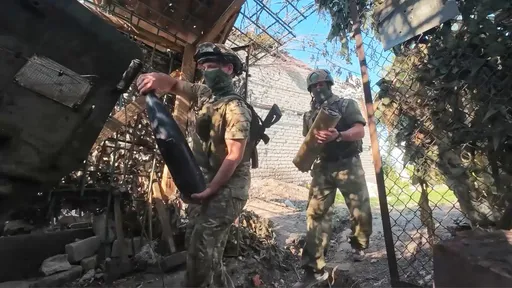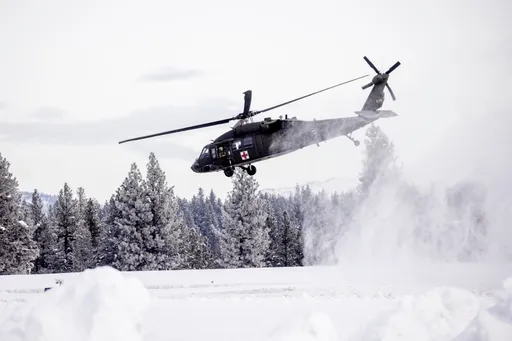It is winter in Kashmir, and the desolate sky perfectly reflects the grey mood Kashmiris are attuned to. On 18th March, Rizwan Asad, a Chemistry teacher, turned 29 and his Facebook profile was filled with prayers. His friends and family wished him a happy and long life, but Kashmir has been home to unanswered prayers for over seventy years.
Rizwan was picked up by the Jammu and Kashmir police from his home day before yesterday, around midnight as part of a crackdown on Jamaat-e-Islami (JI) Kashmir.
He was taken into custody, with no due process, like most arrests in Kashmir. Rizwan's family says that around 24 hours after his detention, the police called them asking them not to talk about Rizwan’s predicament to anyone.
On Tuesday morning, Rizwan’s family went to the police station to inquire about him. They were told that Rizwan had been shifted to Cargo – an infamous torture house started in 1994 by the Special Operations Group of the Jammu and Kashmir Police.
Then, on Tuesday afternoon, the wait for Rizwan was over. He made it out of Cargo - dead. The police said Rizwan was being questioned in connection with a security investigation and died in custody. Tears and slogans of liberation greeted the return of his body in his hometown.
People hailed him as a hero, but some people just stood there and shook their heads in disbelief. The fragility of life in a place like Kashmir is overwhelming.
Those who come out of Cargo alive live the rest of their lives dying each day. During detention, people are subjected to electric shocks to genitals and wires rigged to their eyelids. They are urinated upon when they ask for water, and some have had their flesh peeled off and fed to them.
Under extreme torture, detainees are often made to sign blank papers, which were later used as confessions in Indian courts.
During the 2010 unrest, five young boys alleged that police had sodomised them in Cargo. But there is no justice system in place for us, and perpetrators are often promoted
For example, In July 2011, Nazim Rashid Shalla was arrested on charges of weapons possession and was killed while in police custody. The police and the government later awarded two of the officers involved Gallantry medals. There are many such examples.
Now, back to Rizwan. Police have called for a probe into his death, but historically these inquiries have done nothing but bought more time for criminals. Hardly ever has justice been served to the victims.
The fact is that the Indian government has granted Indian armed forces free rein in Kashmir.
On March 20, 2000, Indian armed forces entered the village of Chattisinghpora at night and lined up male residents and opened indiscriminate fire killing 36 innocent Sikh men and wounding several others.
Soon after, security forces claimed that five militants responsible for the massacre had been killed in an encounter at Pathirabal.
The army handed over the bodies to the police and filed a report, but the bodies were severely mutilated or completely charred.
Around the same time, five villagers from the local district had went missing on March 24, and they were reported missing at the local police station. Villagers went to the site of the killings of the alleged militants. They found clothing belonging to two of the five men that had gone missing. Residents avowed that those killed were not militants but instead the missing men who had been murdered in a fake 'encounter'.
The villagers held protests, and a judicial inquiry followed. The bodies were disinterred and through DNA testing were identified to be the missing villagers.
The case, however, has lingered on for years after the army refused to cooperate in the CBI investigation, invoking the Armed Forces Special Powers Act (AFSPA).
Though it was the government’s agency (CBI) that proved that those killed were civilians and not militants, the Indian government has shown no willingness to bring justice to the victims.
In Kashmir, killers roam free, and schoolteachers like Rizwan are killed in custody for dissent.
The people of Kashmir are fighting for the fundamental right to life and not just the UN-mandated right to self-determination. Living under the occupation of India, we feel as if we are all standing in a queue of death, waiting for our turn to be killed.























